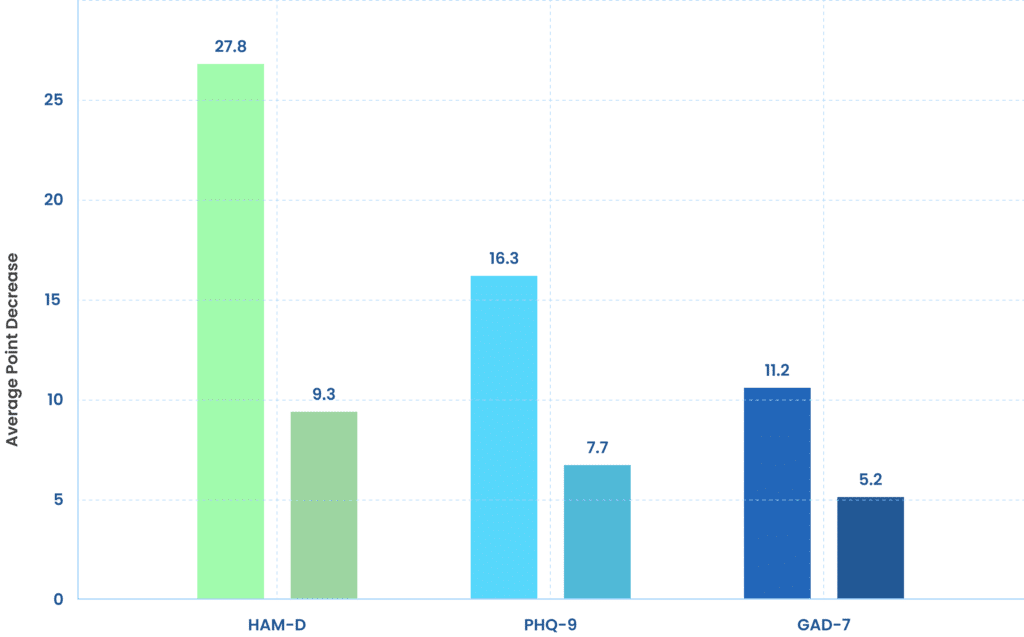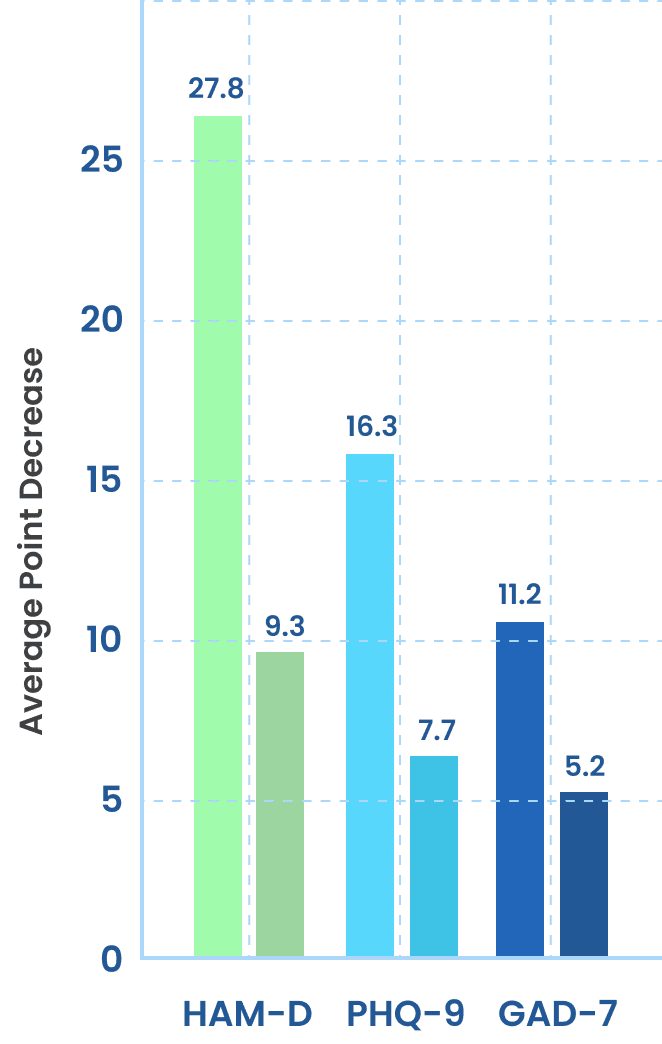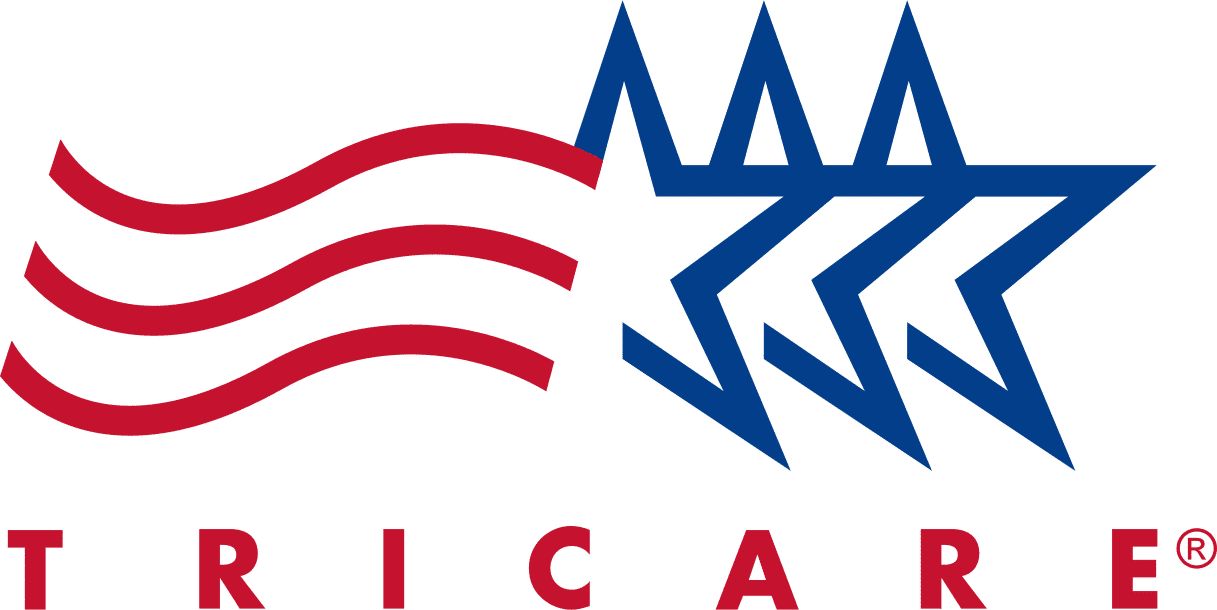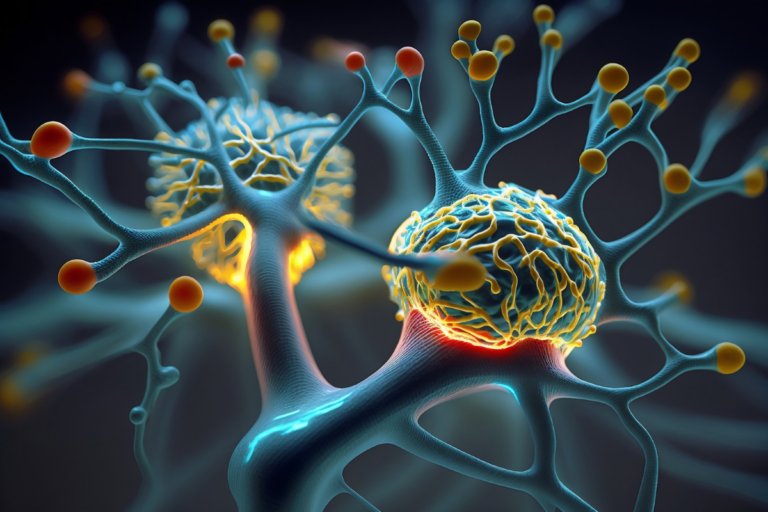Transcranial Magnetic Stimulation (TMS)
We provide evidence-based treatment, including TMS, a proven modality of care indicated for treatment-resistant depression, anxious depression and OCD. This treatment is also indicated for childbearing women where there may be medication-related concerns.
TMS intake requires additional support. Please submit a TMS Intake Request or Call Us
Accepted Insurance Plans
Don’t see your insurance here?
*Coverage varies by plan and state. Send your insurance information to our team at VOB@animosanopsychiatry.com with your name and DOB to confirm eligibility.
Our Location
*Inquire about additional availability (we see patients after hours!)
Service Areas
We offer Transcranial Magnetic Stimulation (TMS) therapy in-person at our Durham, North Carolina office. Our clinic serves residents from the surrounding areas, including (but not limited to):
Don’t see your city listed? Contact us to check availability or to learn more about the mental health services we provide across the state.
Cities
- Chapel Hill
- Carrboro
- Butner
- Morrisville
- Hillsborough
- Cary
- Wake Forest
- Apex
- Raleigh
- Mebane
What Our Patients Say


Based on 50 Reviews

Meet Dr. Caleb Whitenack

Dr. Whitenack received his Doctor of Medicine degree from the University of Texas Medical School at Houston. After medical school, he completed his adult psychiatry residency at the University of North Carolina in Chapel Hill, NC. During the last year of training, he was appointed Chief Resident over the large residency program. Dr. Whitenack specializes in the diagnosis and treatment of women’s mental health issues, ADD/ADHD, panic attacks, social anxiety, generalized anxiety, depression and bipolar disorder. He utilizes TMS treatment for depression. When not working, Caleb, originally from Denver, CO, enjoys the mountains, snowboarding, good food, homebrewing beer and traveling with his family.
Meet TMS Technicians

Angie Blackwell
Angie Blackwell is a proud graduate of North Central University and a dedicated Transcranial Magnetic Stimulation (TMS) Technician since 2021. Passionate about innovative mental health treatments, Angie finds purpose in helping patients navigate the challenges of mental health and is committed to creating meaningful change in the mental health field. Angie contributes her expertise and compassion to the Animo Sano team, helping patients experience the transformative benefits of TMS therapy.
Outside of work, Angie cherishes quality time with her family and friends. A devoted wife and mother of two, she finds immense joy in supporting her children in their endeavors. Deeply involved in her church community, she serves as a Sunday school teacher, sharing her faith and values with the next generation.

Zuling Quade
Zuling Quade is a Chapel Hill native and a graduate of University of Pittsburgh, where she earned her Bachelor of Science in Psychology. She is passionate about innovative mental health treatments and is committed to supporting patients with care and empathy as they navigate their mental health journey. Her academic interests led her to explore the neuropsychological foundations of emotional well-being, further shaping her interest in TMS therapy.
After completing her studies, Zuling returned to the Triangle to continue making a positive impact in her community and is excited to be part of the Animo Sano Psychiatry team. Outside the clinic, she is a lifelong dancer who now shares her love of movement as a dance instructor and choreographer. She also enjoys reading, walking, traveling, and baking.
What is Transcranial Magnetic Stimulation (TMS)
TMS is a safe, non-invasive treatment cleared by the FDA to help treat depression in patients who have not found relief with standard treatments. TMS works by using short, magnetic impulses to stimulate underactive nerve cells in brain regions known to regulate mood, helping to reset brain chemistry.
Is TMS therapy right for you?
Non-drug and FDA-cleared
Non-invasive with no drug-related side effects.
Fits into your existing treatment
Can be stand-alone treatment or along with your existing medication.
Covered by most insurance
We handle the paperwork.
Zero downtime
Drive yourself to and from treatments. Get back to your day right away, including work or school.
Average Symptom Improvement from TMS Treatment


TMS Chart Description
These charts show the average improvement of patients after completing TMS treatment at Animo Sano Psychiatry. The treatment consisted of 36 sessions and the improvement was measured by 3 rating scales: HAM-D, PHQ-9, GAD-7.
The Average Starting Point in these patients for each of these scales were:
27.8 (HAM-D)
16.3 (PHQ-9)
11.2 (GAD-7)
The Average Finishing Scores were:
9.3 (HAM-D)
7.7 (PHQ-9)
5.2 (GAD-7)
The results show that TMS significantly reduced both depression and anxiety, moving patients from more severe symptoms to much milder ones, showcasing the benefits of TMS for improving mental health.
Scoring Details
HAM-D
- Scores 0-7: Normal
- Scores 8-16: Mild Depression
- Scores 17-23: Moderate Depression
- Scores 24 and above: Severe Depression
PHQ-9
- Scores 0-4: Minimal Depression
- Scores 5-9: Mild Depression
- Scores 10-14: Moderate Depression
- Scores 15-19: Moderately Severe Depression
- Scores 20-27: Severe Depression
GAD-7
- Scores 0-4: Minimal Anxiety
- Scores 5-9: Mild Anxiety
- Scores 10-14: Moderate Anxiety
- Scores 15 and above: Severe Anxiety
Frequently Asked Questions
Have questions? We have answers. Browse through our FAQ section to learn more about our psychiatry and behavioral health services, your first visit, and what to expect.














